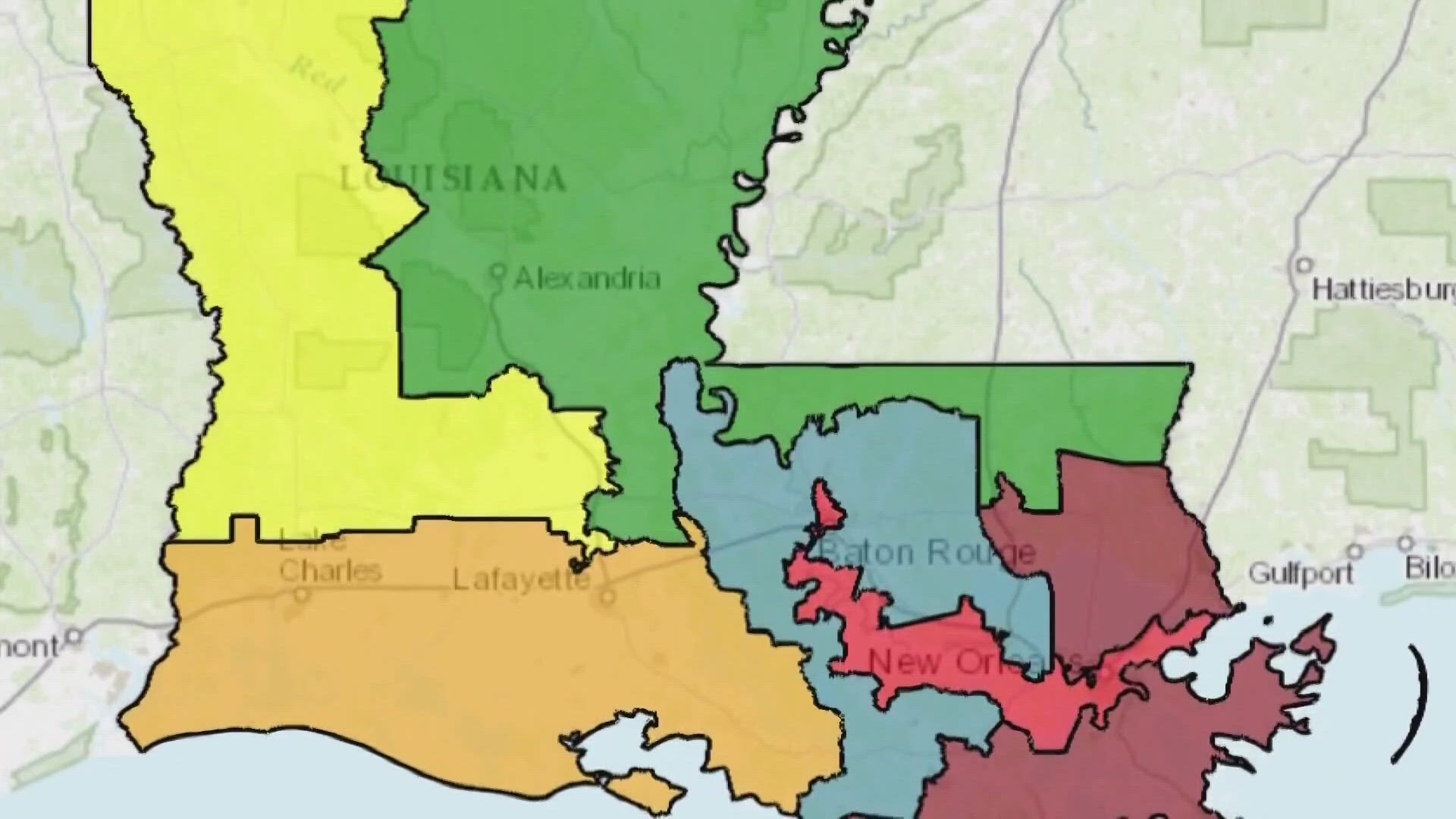A federal court delivered a ruling on Thursday declaring that Louisiana’s state House and Senate district maps violate the Voting Rights Act by diluting black voting strength.
U.S. District Chief Judge Shelly Dick ordered the maps to be redrawn, emphasizing concerns about the unnecessary concentration of the black population into one district and inadequate representation of the growing black population in Baton Rouge.
The decision, which comes just weeks after Louisiana Governor Jeff Landry signed a bill establishing a new congressional map with a second majority-black district, specifically impacts the state’s 6th District, represented by Rep. Garret Graves (R-La.).

The revised map assigns a black population of approximately 56 percent to this district, making it Louisiana’s second majority-black district. In her ruling on February 8, Judge Dick highlighted that the enacted House map fails to account for the significant 25 percent growth in Baton Rouge’s black population between 2000 and 2020.
The court observed that although the state’s voting-age population is around 33 percent black, less than a third of both state Senate (11 of 39 districts) and House (29 of 105 districts) districts are predominantly black.
The court granted a reasonable period for the state to address the findings and implement new election maps in compliance with the Voting Rights Act. The judge referenced “illustrative plans” proposed by the plaintiffs, suggesting an increase in majority-minority Senate districts to 14 and House districts to 35.
The potential redrawing of maps could impact the current legislative balance of power that heavily favors Republicans in a state where the GOP holds dominance. Governor Landry, a Republican, regained the top government position for the party after it was held by a Democrat for two terms.
The American Civil Liberties Union (ACLU) lauded the court’s decision, emphasizing its importance in safeguarding citizens’ voting rights and preventing discriminatory practices in electoral processes.
The ACLU stated that the ruling sets a powerful precedent against attempts to dilute black communities’ votes and underscores the commitment of Black Louisianians to the promise of fair representation under the Voting Rights Act.
Sara Rohani, a redistricting fellow at the Legal Defense Fund, hailed the ruling as a testament to the strength and resilience of Black communities in Louisiana.
She emphasized that the decision is a victory affirming the voices and votes of Black voters, particularly against the backdrop of ongoing challenges to voting rights and political participation nationwide.


